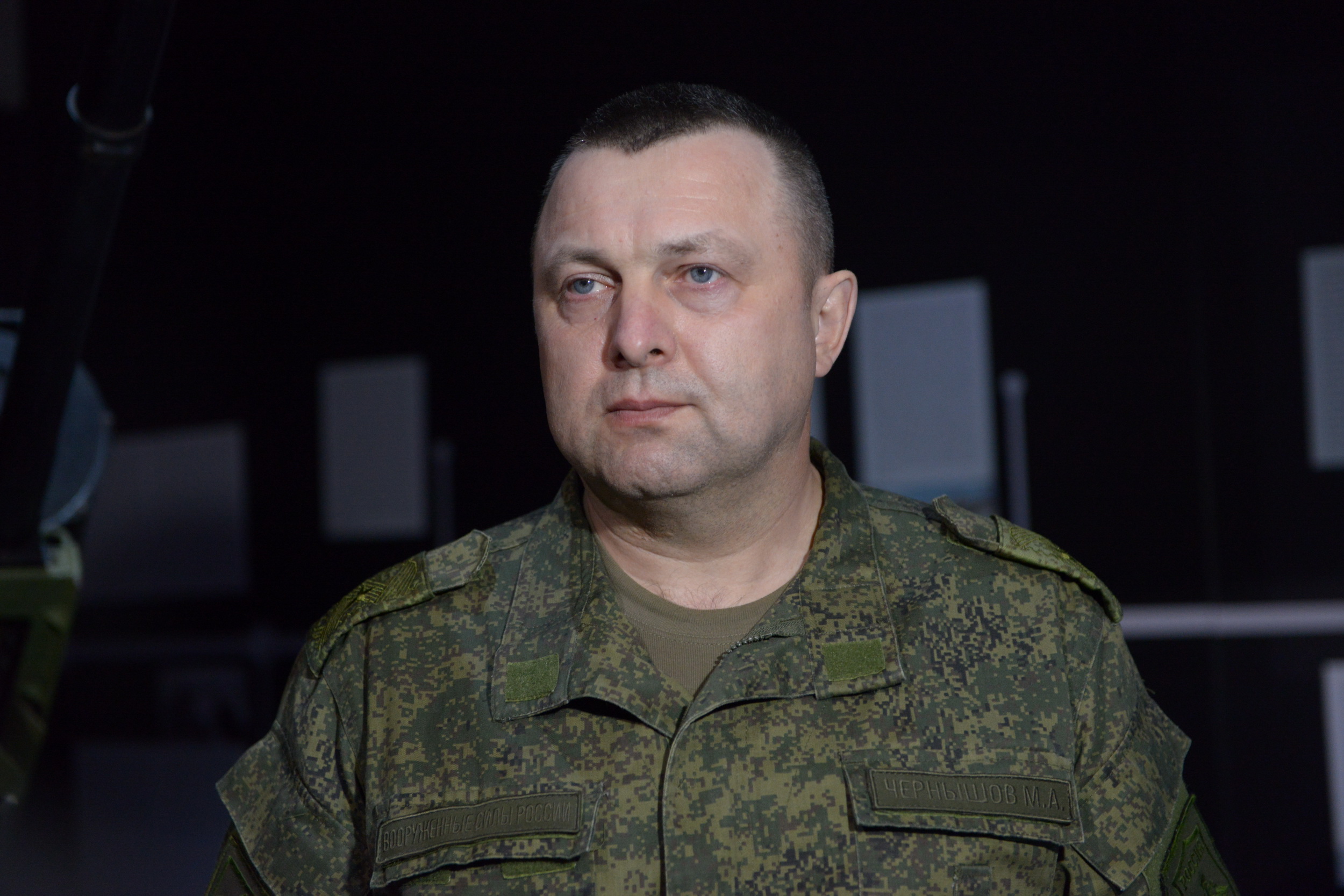11.05.2020.
We only needed one day to prepare for joint actions
In the May issue of ODBRANA magazine there is an exclusive interview with Major General Mikhail Chernyshov, the Chief of NBC Defence Troops in the Western Military District, and the leader of an expert team of the Russian Ministry of Defence, which was sent to Serbia in early April by the Russian President Vladimir Putin to help fight coronavirus. General Chernyshov, talks for "Odbrana" magazine exclusively about everything that the Russian expert team does every day, together with their colleagues from the Serbian Armed Forces and the Ministry of Defence, to help the Serbian people in the fight against the coronavirus, especially about a single day that was enough for Russian and Serbian CBRN teams to prepare for joint actions.
"During the visit to the CBRN Battalion, we saw that the Serbian equipment had practically reached the Russian level. For me as an NBC expert, that experience was quite interesting. We also saw some things that we would like to use in the Russian Armed Forces. Regardless of certain technical differences, I think that the members of the Serbian Armed Forces, as experts, are very well prepared. I can prove that by stating a single fact – it took us only one day to coordinate and organize the work of our units on the joint execution of tasks. It is a fact that speaks for itself. We now work together, complementing each other with the best of our resources, spending less time than before, so we can cover more facilities.”

The only thing the Russian team was apprehensive about, before coming to Serbia, was how the population and the state of Serbia would receive them. And the best illustration of that, as General Chernyshov states, was the statement of one of the residents of Belgrade, who watched the Russian team work and said - these Russians are working so hard, as if they were working for their own country.
"Serbia is a country that we helped as much as we could, and it has never forgotten that help, unlike some other "friends ". I can say now that I know much more about Serbia than before, I talk to people, I can see what they do and how they do it, what they think, what they dream about ... That experience cannot always be described in words, but when a true feeling of warmth stays in the soul, that's a big thing. "
General Chernyshov also claims that the fact that they conduct joint military exercises with their Serbian colleagues is of great importance for both parties from various points of view.
"Soldiers get to know each other, and that builds friendship for the future. They are together in the trenches, in firing positions, which brings them very close. Unfortunately, a little more than twenty years ago, Serbia had a very big war experience, which is studied in Russian military schools. Based on my own training, I can say that this experience is very important. We use many things from it in our training. Of course, it is best when there is no war, and in order to avoid it, you need to prepare for it. "Unfortunately, nothing in the world has changed in that sense for centuries: war always befalls those who do not prepare for it."
The Russian expert team visited the "Defence 78" exhibition. Speaking about his impressions of the exhibition, which testifies to the 78 days of Serbia's defence against NATO bombing, General Chernyshov points out:
"First of all, we should pay tribute to the Serbian people and the armed forces for their courage, because accepting war in a completely hostile environment is very difficult." Experience has shown that such situations always lead to defeat. However, even in such conditions, Serbia managed to protect its territory. Unfortunately, as in every war, it paid for that victory with the lives of its people. That is the cruel logic of war. It is especially difficult that this cruel price continues to be paid with lives that will never occur, because many children, young soldiers were killed ... Depleted uranium is also a big bomb planted for future generations. The price was high, but no one knew then what would be worse, to surrender or persevere to the end. The Serbian people chose not to surrender. "

